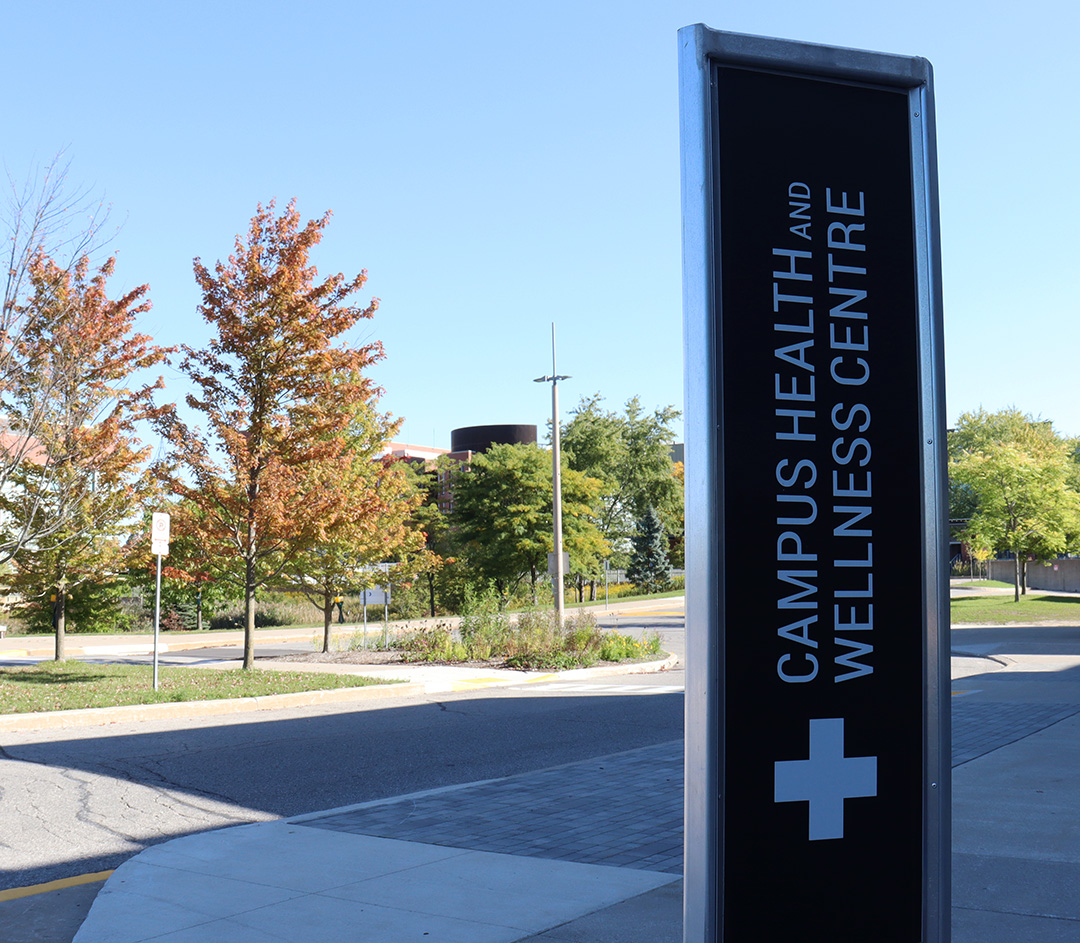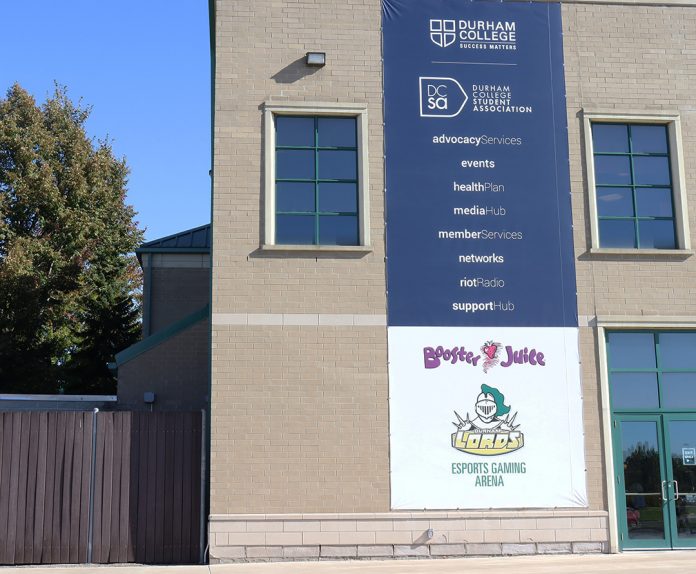Durham College (DC) students are paying nearly $1,000 in ancillary fees each semester, on top of tuition. Yet, some students say they do not have a clear understanding of where their money goes.
According to the college website, domestic students paid $923.77 in ancillary fees during the 2025–26 academic semesters. For international students, the total was significantly higher at $1,850.47.
According to Durham College, ancillary fees are an “important” part the student experience. They are mandatory because they support a range of services, from health and dental insurance to transit passes and athletics.
Health and dental coverage are the only services charged by the year.
The fees at Durham College are divided into two categories: Durham College ancillary fees and Durham College Student Association (DCSA) ancillary fees.
The DCSA portion funds student life initiatives and health insurance. The college’s ancillary fee outline includes charges that apply to all students, even when individual usage differs. Every student, for example, contributes $160.34 for a universal transit pass (UPASS) and $148.29 for athletics and recreation facilities.

Many students say they don’t know specifically where their money is going.
“I know we paid a fee for something, but it’s just not clear,” said Sarine Long, a student in the Pre-Health program.
Lack of clarity about how the fees are spent has left some feeling frustrated about paying for services they don’t use.
Another student, Abby Thornton, explained, “I didn’t even realize I was paying for all of this stuff that I’m not even involved in. I wish I knew more about it before.”
For example, she has a gym membership outside of the school and didn’t realize she was paying for the Flex.
Compared with other Ontario colleges, DC’s ancillary fees sit on the higher end of the spectrum. Fanshawe College reports fees approximately $20 higher than Durham’s, but for the entire year. Northern College students pay more than $1,500 for the year.
On the lower end, Humber College charges just over $600 in ancillary fees and George Brown College reports mandatory charges of just over $300 per semester.
The variation between colleges reflects differences in what services are bundled into ancillary charges. Humber, for example, excludes a transit pass and campus radio station.
At DC, the only major opt-out available is health and dental coverage, which can save students up to $310. But fees for athletics, recreation and the UPASS remain mandatory, even for those who never step into the gym or onto a bus.
Jaybie Bastatas is one of those students who believes certain fees shouldn’t be mandatory.
“If we had the option, we would be able to put that money towards something more useful, like books, equipment, or other necessary things like food,” she says.
The students say as the cost of going to school increases, it’s important for DC to be clear about how ancillary fees are being used.




